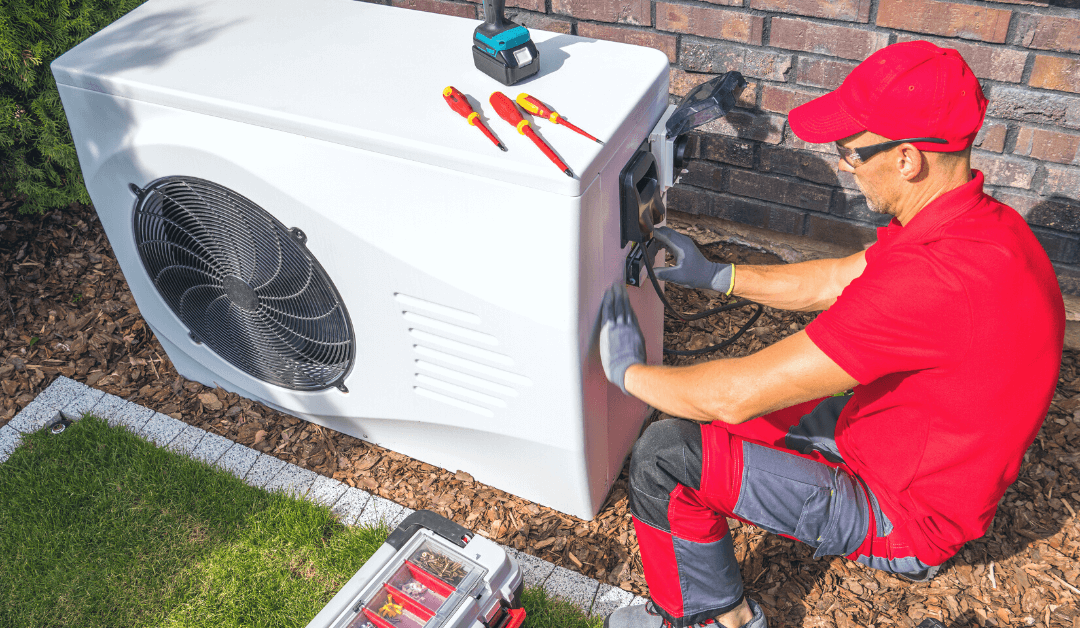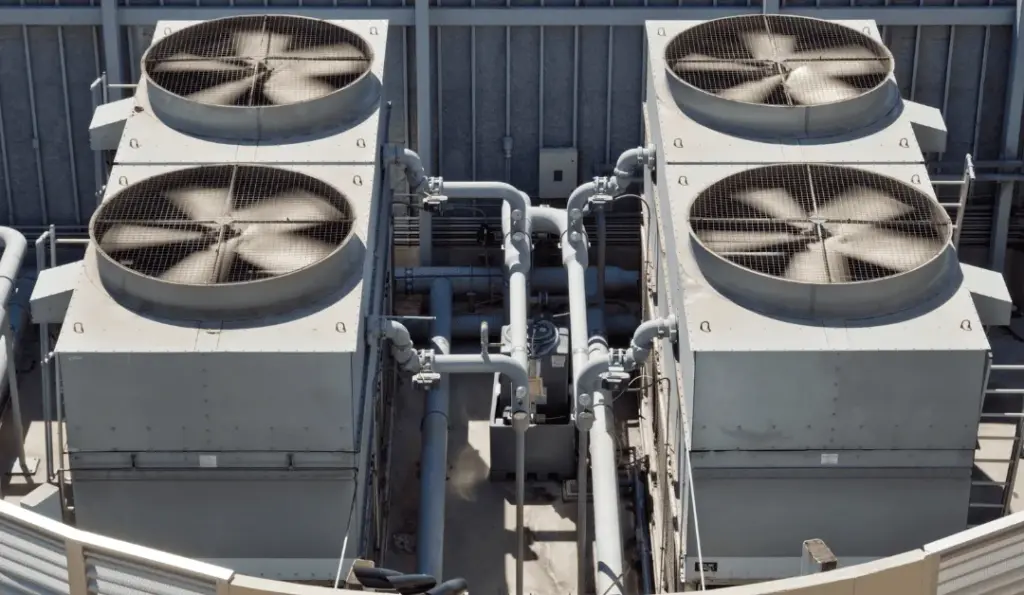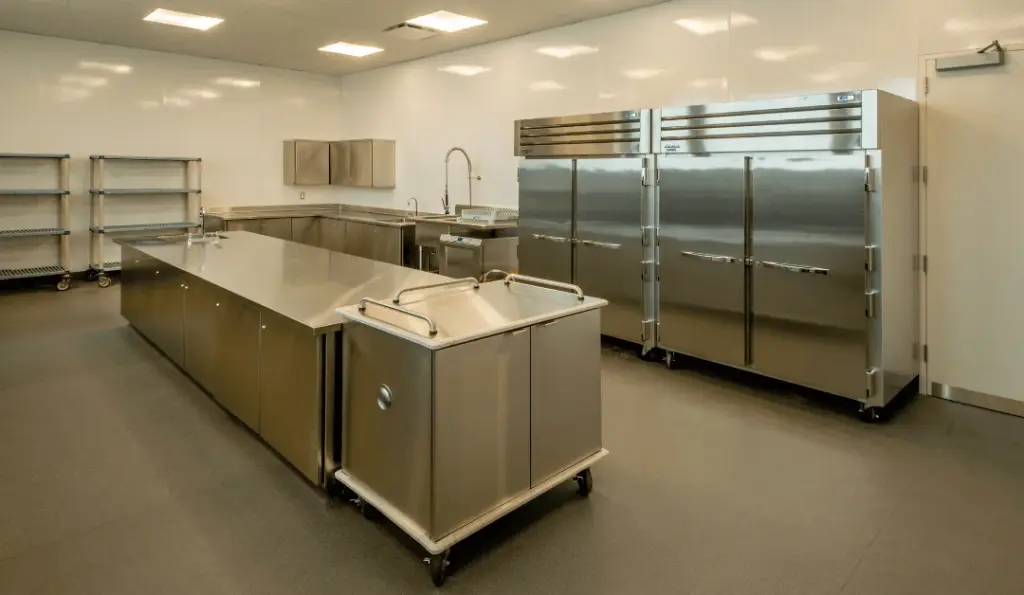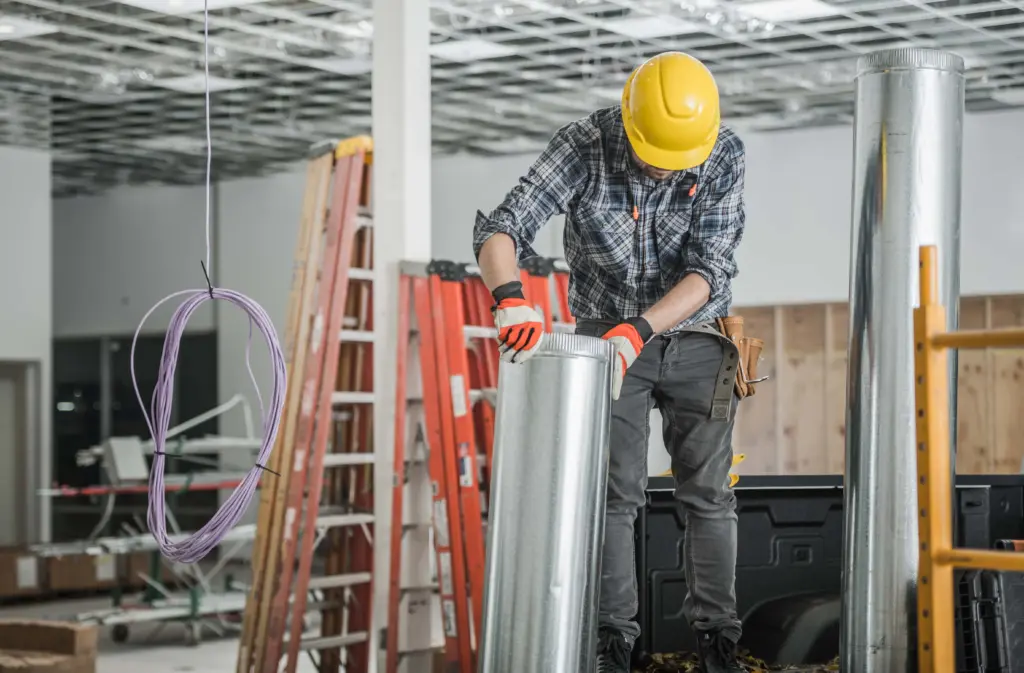The intricate workings of a commercial HVAC (Heating, Ventilation, and Air Conditioning) unit can be complex for the uninitiated. One of the most crucial components of an HVAC system is its filter, a component responsible for ensuring the air circulated throughout a building is clean and free from unwanted particulates. But where exactly are these filters located in a commercial HVAC system? Service Tech is here to demystify this essential aspect
Where Are The Filters For A Commercial HVAC Unit?
Why HVAC Filters Are Essential
Before diving into the specifics, let’s understand why HVAC filters are crucial:
- Air Quality: Filters play an integral role in trapping and removing pollutants and contaminants such as dust, pollen, mold, and bacteria, ensuring that the air inside commercial spaces remains clean and healthy for occupants.
- Efficiency: A clogged or dirty filter can obstruct airflow, causing the system to work harder. This not only leads to increased energy bills but also decreases the life expectancy of the system.
- Protection: By removing debris, filters protect sensitive parts of the HVAC system from wear and damage.
Locating the Filters in a Commercial HVAC System
In residential HVAC units, filters are generally found in a return air vent or within the HVAC unit itself. But commercial systems, due to their size and complexity, may have filters in multiple locations
- Air Handling Units (AHUs): Commercial HVAC systems commonly utilize AHUs, which are usually large metal boxes containing a blower, heating and/or cooling elements, filter racks, and dampers. The filters are often found in the filter racks inside these units. AHUs can be both outdoors and indoors. When located inside, they are typically found in basements, on roofs, or in mechanical rooms.
- Rooftop Units (RTUs): For buildings with rooftop HVAC systems, the filters are generally housed directly within these units. To access them, maintenance personnel typically need to climb onto the roof and open the unit’s access panel.
- Return Air Vents: Sometimes, especially in older commercial buildings, filters might be located in large return air vents. These are the vents that pull air out of a space to return it to the HVAC system. If you see a vent that’s much larger than others and positioned lower on walls, there’s a chance the filter is there.
- Dedicated Filter Cabinets: In some advanced systems, filters are housed in specialized cabinets that are installed specifically to make filter replacement and maintenance easier. These might be situated near the main HVAC unit or other strategic locations.
Types of Filters & Their Replacement
It’s not just about knowing where the filters are but also understanding the type of filter your system requires. Commercial HVAC filters come in various sizes and types, including:
- Flat Panel Filters: These are basic filters that capture large particles. They’re often made of fiberglass.
- Pleated Filters: More effective than flat panel filters, these have a larger surface area and can trap smaller particles.
- HEPA Filters: High Efficiency Particulate Air filters can trap at least 99.97% of particles 0.3 microns in diameter (like many bacteria and most allergenic particles).
- Activated Carbon Filters: These filters not only trap particles but also odors and certain chemicals, making them ideal for places where air quality is a top priority.
Given the variety of filters, it’s essential to refer to the manufacturer’s guidelines or consult with an HVAC professional when considering replacement or maintenance
Service Tech
Understanding the location of filters in a commercial HVAC system is vital for maintenance and ensuring optimal air quality. Regularly checking and replacing these filters ensures the longevity of your HVAC system and the health and safety of the building’s occupants.
For those unfamiliar with their HVAC system or unsure about filter locations and types, it’s always a good idea to engage with an HVAC professional. At Service Tech we can provide insights tailored to your specific setup and ensure that your system is running at its best.





